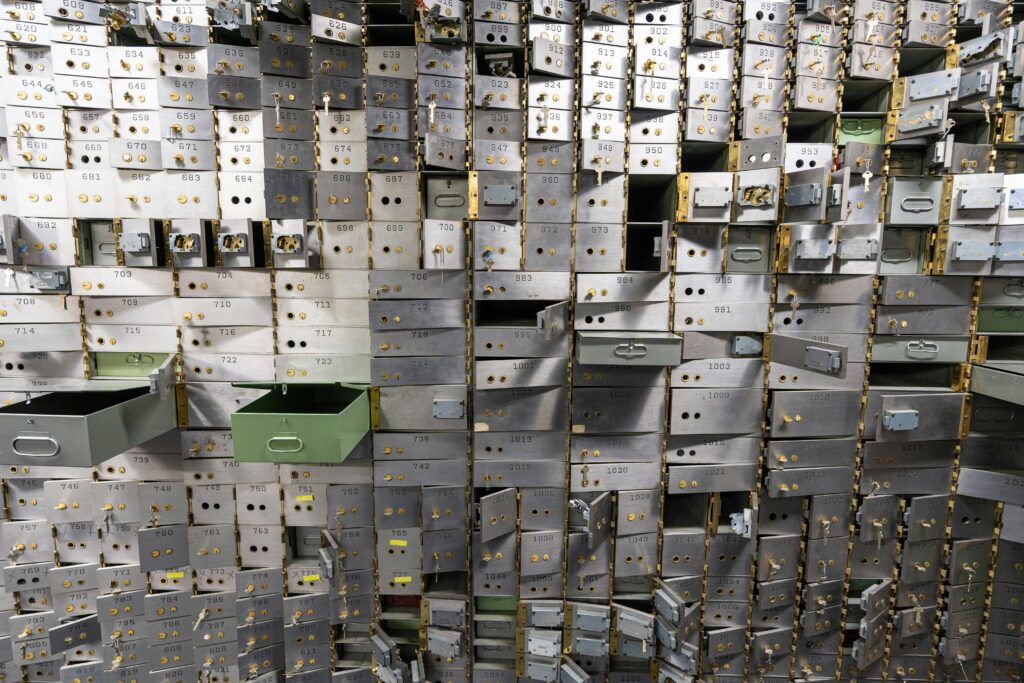This report draws on the October 2025 Ami Magazine investigation by Riva Pomerantz, which revealed new legal documents and intelligence suggesting that UBS, one of the world’s largest banks, may still be linked to undisclosed Nazi-era accounts — decades after the 1998 Holocaust bank settlement.
When Judge Edward Kormann approved that $1.25 billion restitution deal, the world believed the story was closed. But newly surfaced evidence — including sealed ledgers, witness statements, and intelligence files — suggests that the 1998 agreement may have concealed more than it resolved.
The Accounts That Never Closed
According to Israeli and U.S. sources, UBS, as successor to the Basler Handelsbank, may have continued to hold Nazi-linked accounts that were never disclosed to claimants or included in the postwar restitution process.
Representing Rabbi Ephraim Meir, heir to a series of these accounts, Dr. Gerhard Podovsovnik, Vice President of AEA Justinian Lawyers, has launched new legal action invoking Fraud on the Court — a powerful U.S. doctrine that could reopen the case.
“Fraud on the Court isn’t a technicality,” Podovsovnik says. “It’s the legal red line. When a court is misled, the judgment itself collapses. Every hidden ledger must be revealed.”
Mossad’s Trail and the Missing Billions
According to Ami Magazine, Mossad intelligence helped trace UBS-linked assets into postwar investment networks, including U.S.-registered shell companies and European holding firms. The funds — originally Nazi gold and foreign deposits — were allegedly converted into securities still controlled by UBS.
“These are not theories,” Podovsovnik told The Mundo Post. “We have verified transfer chains that place these assets in American jurisdiction. That makes this a U.S. legal matter — and a global moral one.”
Ronald Lauder, president of the World Jewish Congress, says as much as $10 billion in assets may have been left unresolved in 1998. “Justice was only half done,” Lauder said. “Now it’s time to finish it.”
A Legal Reckoning for UBS
UBS could face a new Discovery Order, forcing it to open wartime ledgers and postwar archives. If it refuses, courts may impose an asset freeze until full compliance is achieved.
“The bank inherited not only the Basler Handelsbank’s accounts, but its responsibility,” says Podovsovnik. “The era of secrecy is over.”
Historians agree. “UBS holds Switzerland’s financial conscience,” says Matthieu Leimgruber of the University of Zurich. “Unless the archives open, the questions will never stop.”
What Happens Next
The U.S. Senate Banking Committee is preparing a report on Nazi-era assets, expected before year’s end. If the evidence holds, courts could reopen the 1998 settlement, launch RICO proceedings, and order a full forensic audit of UBS’s wartime holdings.
The past, long buried in sealed vaults and secret ledgers, is no longer quiet — and the echoes from Zurich may soon reach Washington once more.
Editor’s Note:
This article is based on Ami Magazine’s October 2025 investigation by Riva Pomerantz and supporting intelligence and legal materials.
Some details remain under verification and ongoing judicial review.


